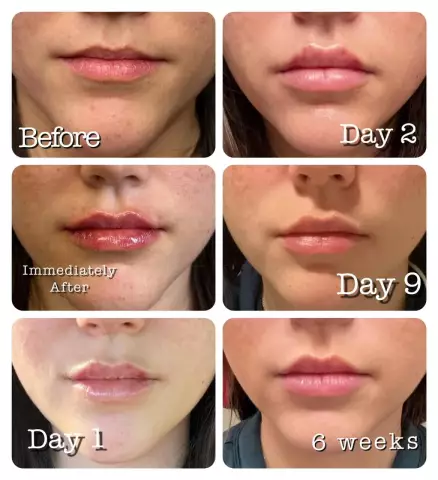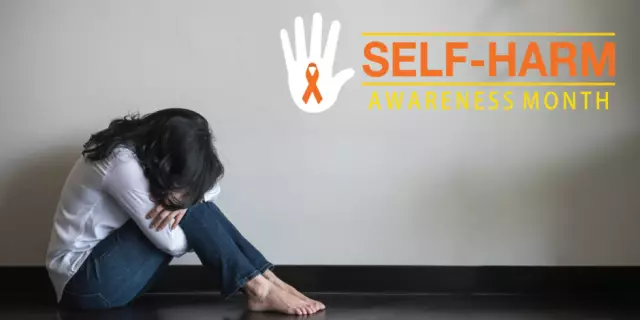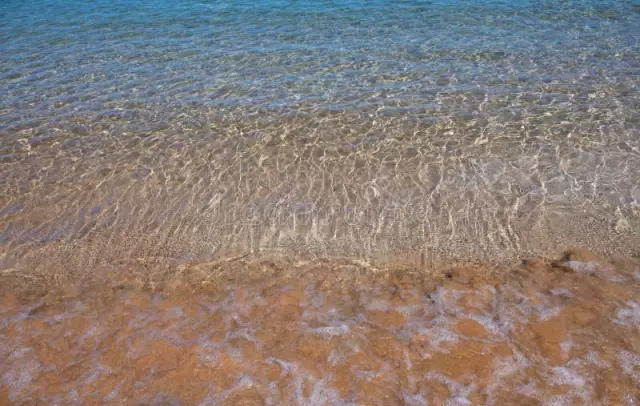- Author Rachel Wainwright wainwright@abchealthonline.com.
- Public 2023-12-15 07:39.
- Last modified 2025-11-02 20:14.
Acclimatization: how not to spoil your vacation
Are you going to spend a long winter vacation in hot countries? Or maybe even celebrate the New Year under the palm trees? Experts will tell you how to make a journey from winter to summer comfortably and without harm to the body.

Acclimatization is a natural process that helps the body adapt to new conditions. Worst of all, the body tolerates hit from "winter to summer" and vice versa, and the most difficult adaptation takes place in the equatorial climate, hot deserts and humid tropics.
Usually, acclimatization makes itself felt on the second day of stay in an unusual climate. Duration of acclimatization:
- 2 to 7 days in adults;
- from 7 to 14 days in children.
Moreover, the younger the child, the longer it will suffer from acclimatization, and the harder it will be. Climate change is also difficult for older people and residents of the North. That is why doctors recommend taking the child to warm countries for at least 3 weeks, and for everyone else it is better not to change the climate abruptly for a short time. Upon returning to his native land, the traveler may overtake re-acclimatization - reverse adaptation.
Signs of acclimatization
- cold symptoms: pain and sore throat, runny nose, fever;
- upset gastrointestinal tract: loss of appetite, diarrhea, constipation, nausea;
- decreased muscle tone, emotional instability;
- sleep disturbance: drowsiness, insomnia;
- decreased immunity, exacerbation of chronic diseases;
- violation of water-salt metabolism, increased respiration, pulse rate, increased sweating.
How to make acclimatization easier
To minimize stress for the body, you need to take care of yourself before the trip:
- if you are going to travel to a different time zone, especially if the difference is large, try to switch to the time of the host country in advance. Do this gradually.
- get more rest in the week before the trip, eat right, and minimize bad habits and excesses;
- prepare your skin for tanning: go to the solarium, take short sunbaths.
It is better to plan your arrival in the evening to sleep and relax.
In a hot country, avoid the open sun, wear sunglasses, light, light-colored clothing made from natural fabrics and hats, and use sunscreen (sprays, creams, lotions).
In the early days, eat in moderation and gradually introduce local foods into your diet. Drink bottled water. Avoid alcohol.
After returning from vacation, do not rush to work, stay at home for a couple of days to avoid or facilitate the process of reverse adaptation (re-acclimatization).
Most likely, you will not be able to completely avoid acclimatization. But it is in your power to reduce its symptoms to a minimum, thereby increasing the pleasant time of rest for yourself and your children.
The course of the drug Timogen spray before the trip will prepare the body for the stress of changing the usual climate, daily routine and nutrition, since:
- accelerates the process of adaptation of the body, shortens the duration of acclimatization;
- reduces the likelihood of allergic reactions (food allergies, plant allergies);
- helps the digestive tract to adapt to unusual food and water;
- helps to establish a daily routine;
- improves overall well-being;
- reduces the likelihood of re-acclimatization.
The drug must be taken in age-specific dosages immediately before the trip, the course is 7-10 days.
Found a mistake in the text? Select it and press Ctrl + Enter.






